We’re shaping a more responsible steel industry.
We have the opportunity to do things differently
ResponsibleSteel is a global, not-for-profit organisation created to maximise steel’s contribution to a sustainable world. Working collaboratively with our members, we have developed an independent standards and certification programme for steel via a process that uses the ISEAL Codes of Good Practice as a reference. Together, we are setting the global standard for responsibly produced net-zero steel.

We’re at a pivotal moment in the steel industry
According to ResponsibleSteel's calculations using data from RMI and the International Energy Agency (IEA), the steelmaking process, from the extraction of raw materials to the production of steel, accounts for 10% of global GHG emissions. We face a collective challenge to transform the industry, reducing global emissions while ensuring a just transition for workers and local communities.
We have over 150 members working to deliver on our mission to drive responsible steel production.
According to the IEA's Net Zero Emissions Scenario, we need to reduce steel industry emissions by at least 90% by 2050, compared to 2022.
We have over 80 ResponsibleSteel certified sites globally.
Over 230,000 workers are covered by ResponsibleSteel site certification.
Around 40% of ResponsibleSteel certified sites producing crude steel use EAFs.
This is the future of steel
Our members are at the heart of our work
ResponsibleSteel’s membership consists of representatives from across the steel value chain, including businesses, NGOs, trade associations, and other organisations with an interest in our mission. This means our standards are uniquely shaped by multiple perspectives, and their adoption requires the support of both business and civil society members. We encourage organisations globally to join us to create lasting impact for people and the planet.



















.png)



















.png)
Certified sites around the world

Latest news & events
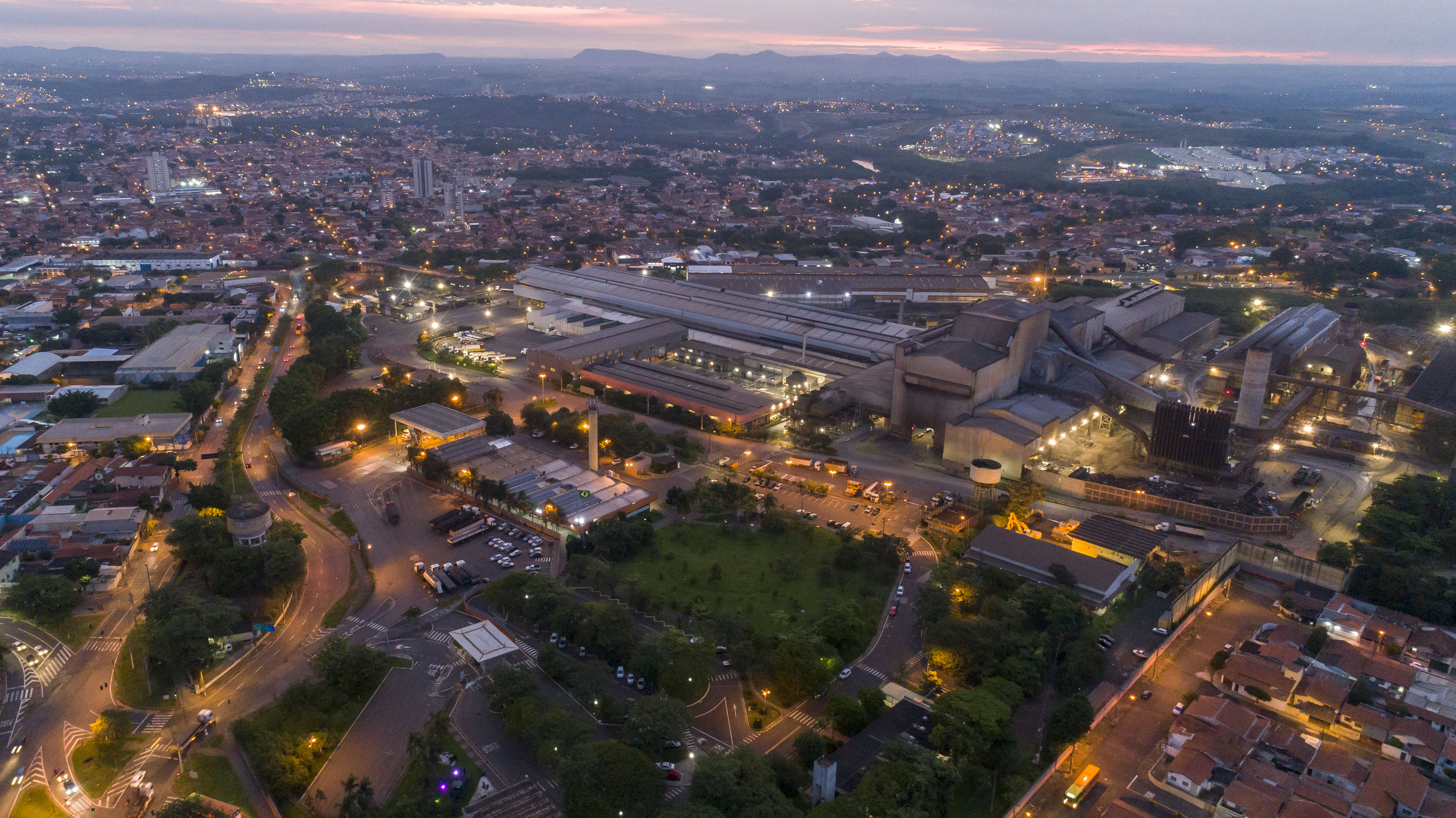

January 2025 Newsletter
After a jam-packed 2024, ResponsibleSteel is heading into another busy year, with key projects already well underway.
In this edition, you'll see a strong focus on advancing our standards, including the upcoming Chain of Custody Standard, the High Alloy and Stainless Steels working group, and the Just Transition project.
We’re also celebrating the certification of six new ArcelorMittal Brazil sites and welcoming four new members. Additionally, we welcome Dale Seymour to our Board and extend our gratitude to Leeora Black for her dedicated service. Exciting opportunities are also available within the Secretariat, with policy and GHG roles currently open for applications.
I'm looking forward to sharing the results of the 2024 membership survey in the coming weeks—thank you to everyone who contributed. We also plan to announce a full programme of in-person and online engagement opportunities for members throughout the year very soon.
In this newsletter you will find updates on:
• Leadership transitions on the Board
• New audits and certifications
• Upcoming standards development projects
• Current vacancies
• And more...
Click here to read this month's newsletter.
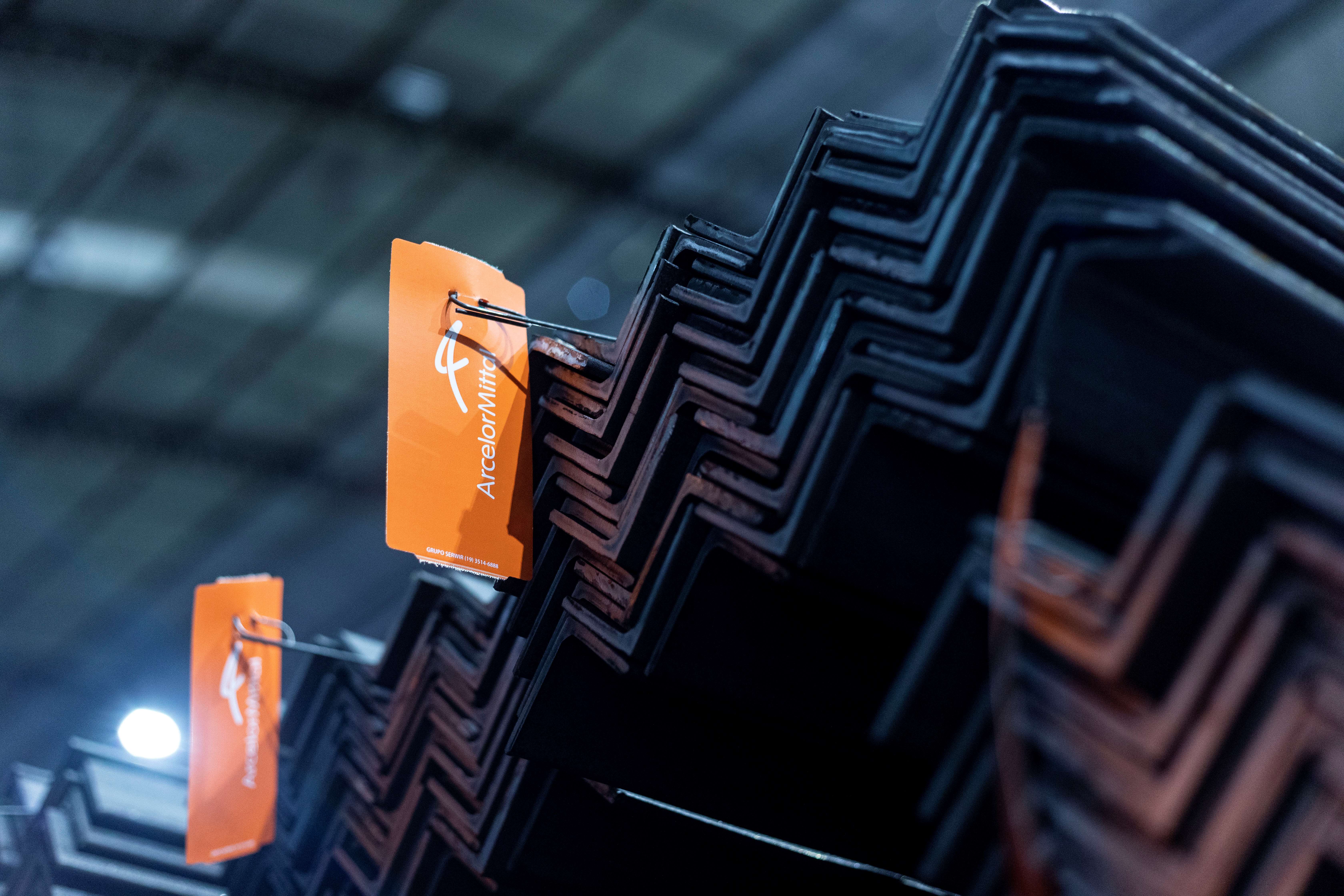

ArcelorMittal Brazil achieves certifications covering six new sites
ArcelorMittal Brazil has achieved ResponsibleSteel Core Site Certification covering six sites: Juiz de Fora, Resende, Barra Mansa, Piracicaba, Sabará, and São Paulo. This achievement follows three previous certifications in 2022 and 2023 for the company's Tubarão, Monlevade, and Vega sites.
ArcelorMittal Brazil is the largest steelmaker in the country, producing long and flat carbon steel products for the automotive, household appliances, packaging, construction, and shipbuilding industries. These six newly certified sites collectively have a production capacity of around 5 million tonnes of steel annually and employ over 5,800 workers and subcontractors.
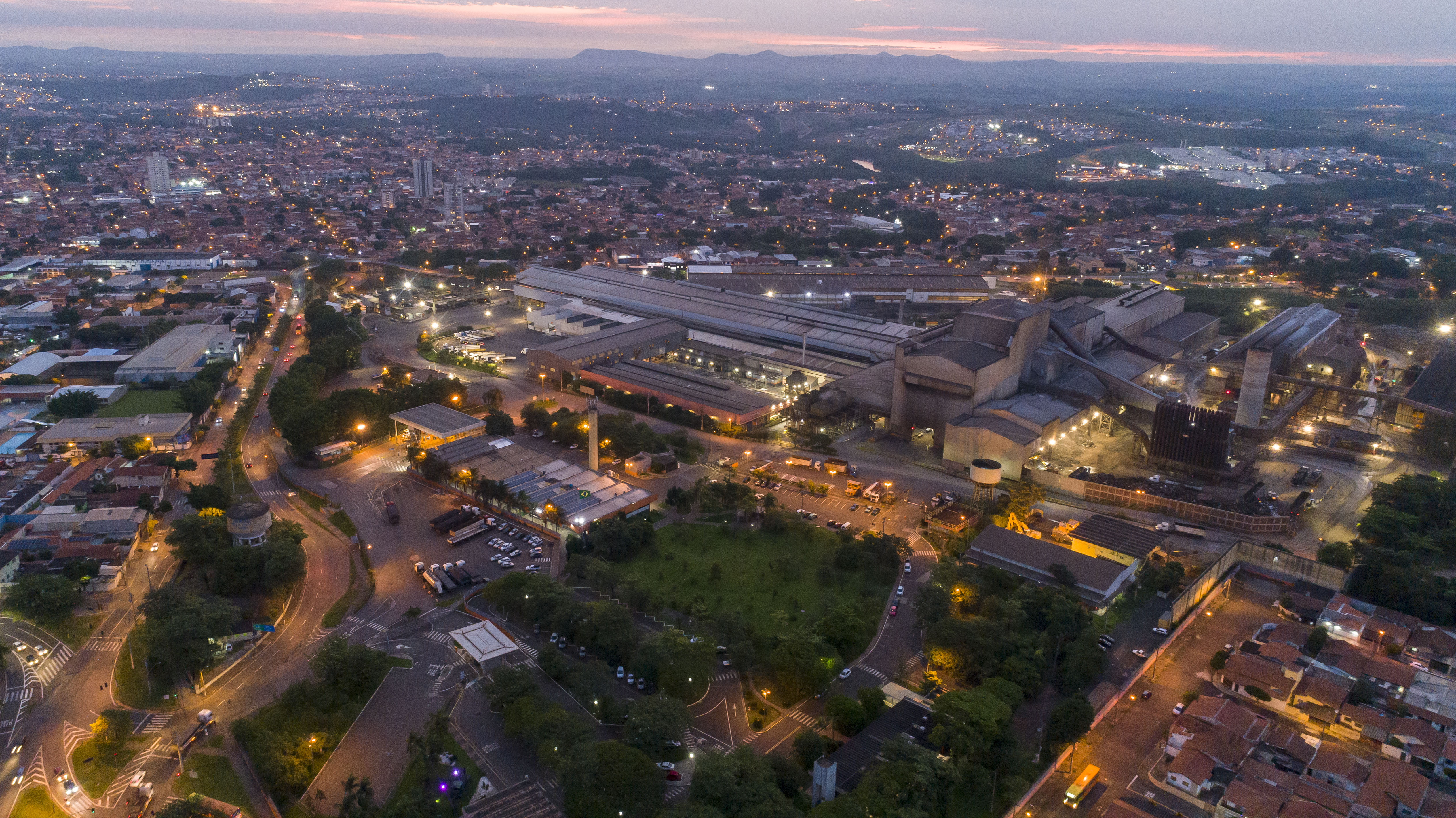
ArcelorMittal Brazil's President and CEO of ArcelorMittal Long Products and Mining LATAM, Jefferson de Paula stated, “We expect to have 100% of ArcelorMittal’s steel production operations in Brazil certified to site level by next year, meeting the highest standards and sustainability criteria. Thus, we will ensure 40% of sustainable steel production in Brazil.”
ArcelorMittal was the first company in Brazil and the Americas more broadly, to achieve Core Site Certification against the ResponsibleSteel International Production Standard. To achieve Core Site Certification, the sites were evaluated against the Production Standard's 13 environmental, social and governance principles, covering everything from the sites' operating infrastructure and production processes to the way the sites manage their employees and relate with the community.
Annie Heaton, ResponsibleSteel's CEO, commented, “This announcement is significant, given Brazil's strategic position in both steelmaking and iron ore production, and these certifications mean that around a third of the industry's capacity in country is now ResponsibleSteel-certified. As Brazil prepares to host COP30 later this year, it is important to see the steel industry put its sustainability commitments into action, not only to decarbonise but to do so whilst taking responsibility for people and nature. ArcelorMittal Brazil’s ongoing accountability to the world's most rigorous, broad-based sustainability standard demonstrates real leadership in driving the industry's journey to more sustainable practices.”
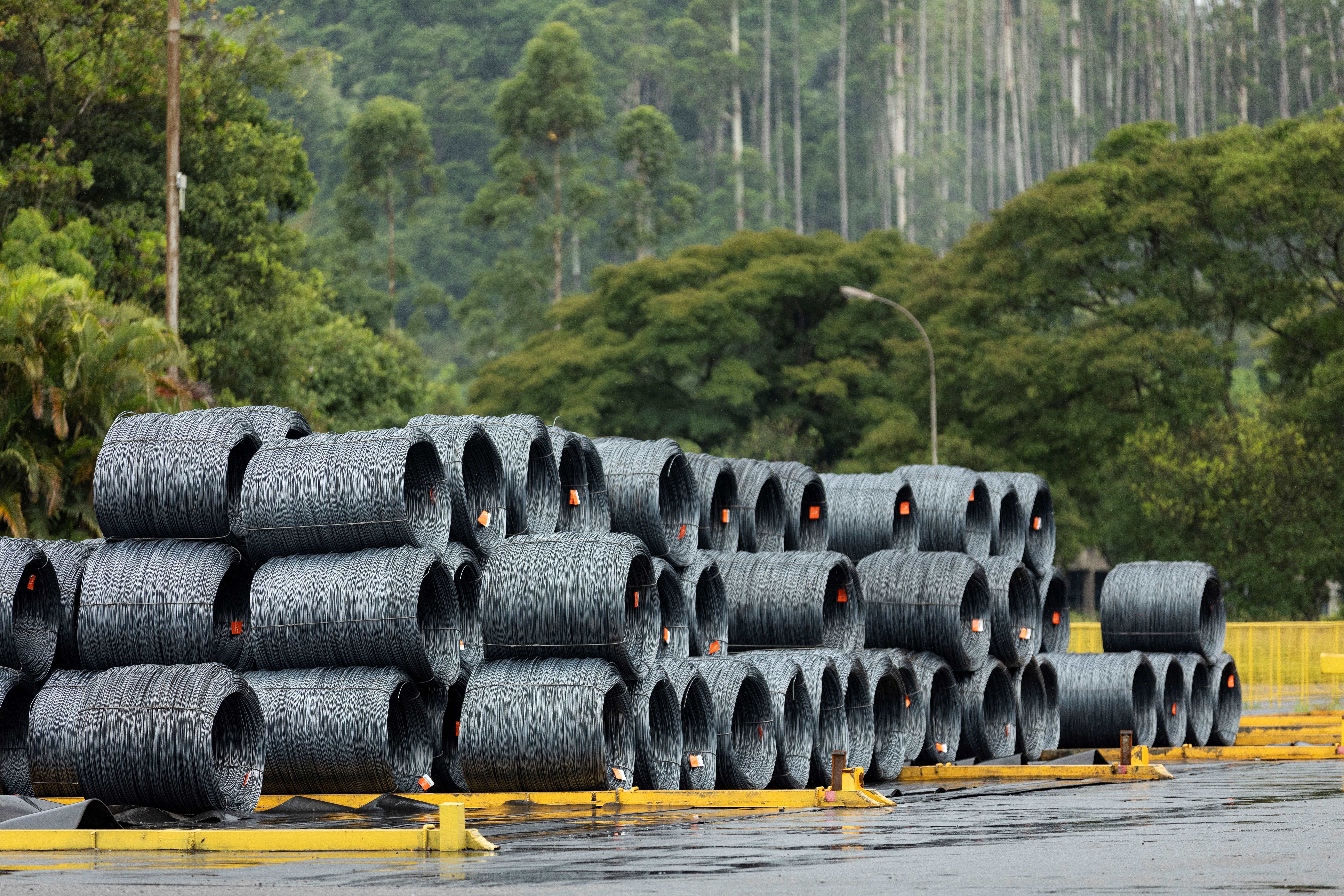
The certification body in charge of the audits, DNV Brazil, assessed the sites against a range of criteria relating to responsible business conduct, occupational health and safety, stakeholder engagement, control of socio-environmental impacts, water resource management, greenhouse gas emissions, and biodiversity protection, among others. This included reviewing the Biodiversity Master Plan, the Basin Predictability Study, the promotion of projects supported by the ArcelorMittal Foundation, and structural improvements in the common areas of the sites to improve worker safety. The audit process also included visits to each of the sites and interviews with workers and local stakeholders.
Learn more about ResponsibleSteel certification here or view the certificates and public audit summaries for sites currently covered by certification here.
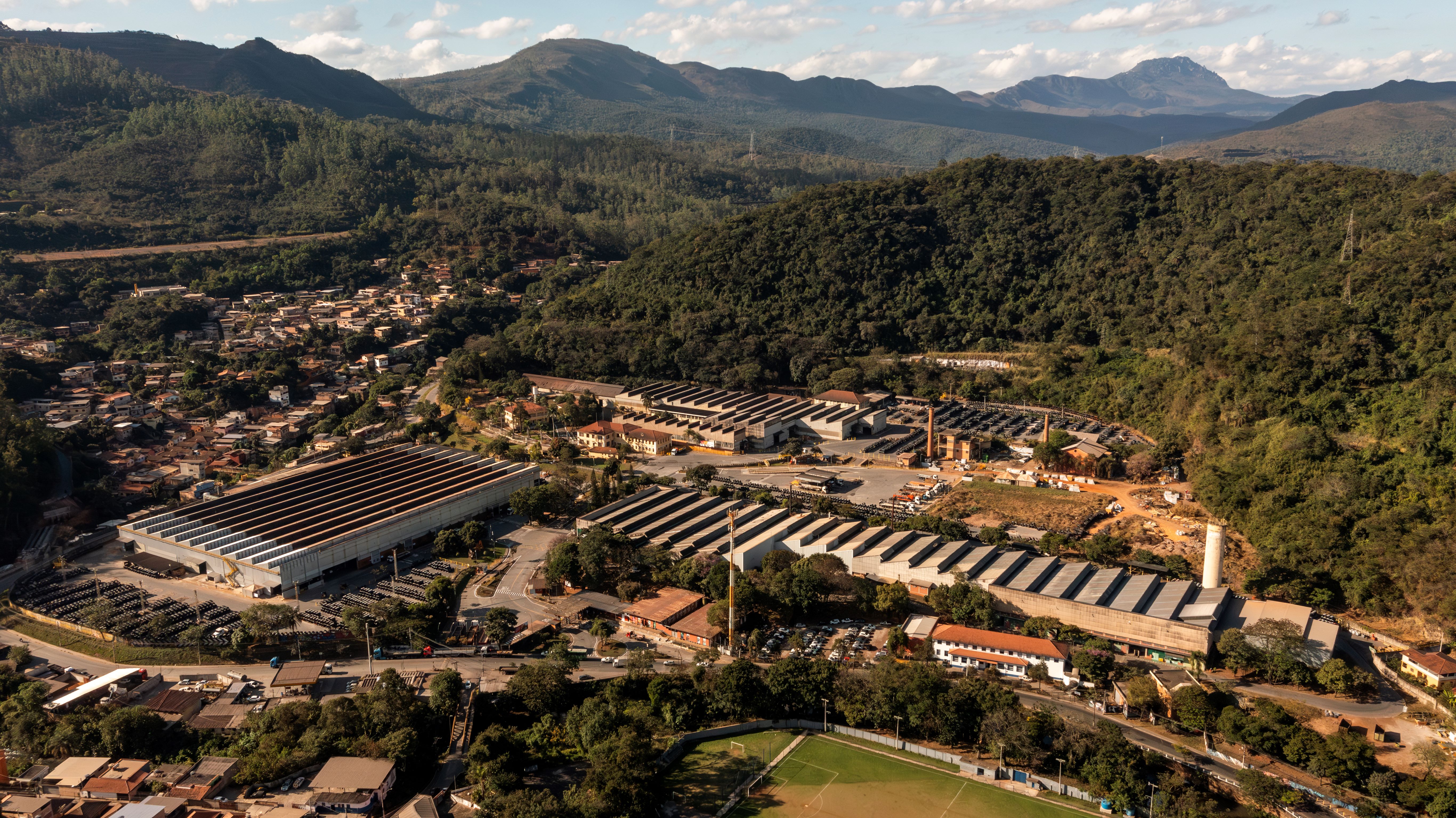


A Year of Transformation: Reflections From Our CEO
In a year defined by developments that pose serious threats to global stability, both geopolitically and for our climate, many are wondering what we have achieved towards a sustainable future in 2024.
It is tempting to despair as progress on decarbonisation appears stalled, economic conditions render projects less feasible and our political leaders appear distracted. And yet I see many signs that we are building unstoppable momentum towards a transformed industry that can withstand these challenges.
There are change-makers amongst us that are showing resolve, energy and creativity to build the road to a sustainable future. These are the collaborators, the innovators, and the systems thinkers providing the impetus for the long-term transition.
Many, I am proud to say, are members and partners of ResponsibleSteel, who see the powerful potential of our global standards and certification system to help drive us toward a more responsible, fair, and just future. They have sought to work with us, to demonstrate their commitment through certification, and to collaborate to build coherent new systems fit for a better world.
Celebrating certification achievements
Let’s start with our members’ certification achievements. Six months after we published our first-ever Progress Report to track the impact our collective endeavour has delivered, we now have:
- Over 160 members headquartered across 36 countries,
- Over 85 sites with Core Site Certification, covering 7% of steel produced annually, both via blast furnaces (42) and electric arc furnaces (17),
- More than 236,000 workers covered by our independent audits that include extensive stakeholder interviews.
- The first site certifications in Vietnam, Canada, Slovenia, Italy, Finland and Sweden as well as new certifications in Germany, France and India.
A significant milestone
Most significantly, at Climate Week NYC we announced the world’s first ResponsibleSteel Certified Steel, achieved by U. S. Steel’s Big River Steel site in Arkansas, sending a clear message to the market: progress towards responsible ‘green steel’ is being made, and stakeholders now have a transparent, consistent and credible global system to benchmark it by.
More Certified Steel will follow, and customers that procure it will enjoy a credibility that stands out from the confusing myriad of ‘green steel’ claims. To fortify this, we consulted on our draft Chain of Custody Standard earlier this year that will forge a path to certified physical traceability and allow buyers of Certified Steel to make credible claims for the first time.
Tracking progress towards global climate goals
Tracking the progress of the global steel industry in a consistent way is vital, and our report 'Charting progress to 1.5°C through certification' demonstrated the power of the ResponsibleSteel system to benchmark this progress.
Over 25 respected experts agreed to peer review the report, which concluded that by 2030, 15% of the world’s steel needs to demonstrate real decarbonisation progress (achieving ResponsibleSteel Progress Levels 2 or 3) and 8% needs to reach near zero emissions (Progress Level 4).
More than that, every steelmaking site in the world needs to perform better than the current global average emissions intensity. In other words, today’s average steelmaker will become the industry’s worst by 2030 if they don’t start improving their operations.
Regulators, customers and investors have an important role to play here in setting the expectations of the industry and incentivising the transition. We encourage them all to reference our global benchmarks in charting their path to 1.5°C.
And yet the risk is that more frameworks for steel emerge which do not deliver comparable assessments of progress. It’s critical that we work collaboratively to create an international system of standards that are interoperable, ensuring coherence, credibility and positive impact across the board.
Building interoperability
I have been delighted this year to develop collaborations with a number of initiatives that seek to reflect ResponsibleSteel’s system of embodied GHG measurement and Decarbonisation Progress Levels within their own frameworks, either through alignment, recognition or conversion.
These are all aspects of the interoperability we need to ensure that global trade in low-emissions steel can flourish. ResponsibleSteel has been a leading voice on how to progress this with the 60+ signatories of the Steel Standards Principles and in conversation with the IEA and the Climate Club. I look forward to sharing more news with you in 2025 on how and where we are putting this into practice.
Alongside this, we are also working at the national level. In the US, ResponsibleSteel’s Progress Level 4 was identified as a benchmark for measuring and defining near-zero steel in the Modern Steel Act. In Germany, we recently welcomed the German Steel Association (WV Stahl) into membership and we continue to build relationships with associations and policymakers in India and China. As regulators at national level develop policy and definitions to incentivise decarbonisation, ResponsibleSteel can support both steelmakers and policymakers to convert their national assessments into a globally coherent and credible system. This year, interoperability became a favourite topic. Next year, we need to turn it into reality.
Looking ahead to 2025 with optimism
All this is evidence of the international ecosystem we are building to effectively support the production and trade of low-emission and near-zero steel. That’s why, amidst the growing scepticism and disappointment permeating climate discussions, I have nothing but hope for the year ahead.
I am fuelled by the enthusiasm of our members and stakeholders and their commitment to working across industry, policy, and finance to drive production of and demand for near-zero steel. I want to thank you for your continued thoughtfulness and support.
While 2024 has brought stark reminders of the climate crisis, it has also demonstrated the power of intelligent collaboration. Now is the time to identify common ground and collaborate to turn our commitments and plans into tangible outcomes. Real-world order books, financial arrangements, and large-scale technology implementation. On behalf of the ResponsibleSteel team, I want to wish you and your families much health and happiness, and a peaceful end to the year. We look forward to working with each of you as we take the next steps toward achieving our shared goals in 2025.
Best wishes,
Annie Heaton
CEO, ResponsibleSteel





